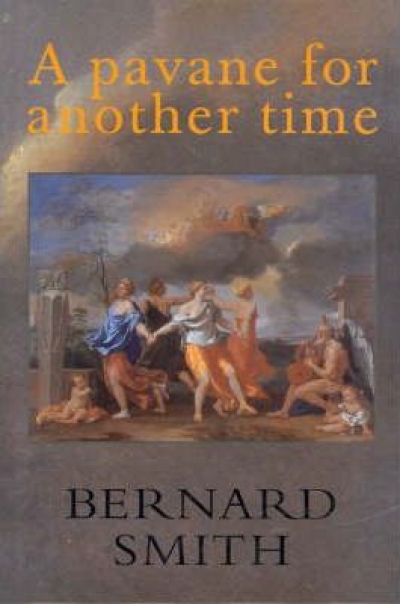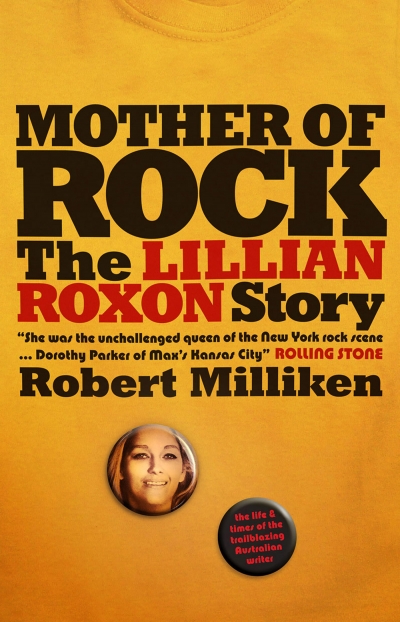Archive
‘Dear God. Save us from those who would believe in you.’ Not long after the attack on the World Trade Centre on September 11 last year, those words were sprayed on a wall in New York. Knowing what provoked them, I sense fear of religion in them. Their wit does not dilute the fear, nor does it render its expression less unsettling. To the contrary, it makes the fear more poignant and its justification more evident.
Enough people have been murdered and tortured over the centuries in the name of religion for anyone to have good reason to fear it. Is it, therefore, yet another example of the hyperbole that overwhelmed common sense and sober judgment after September 11 to sense something new in the fear expressed in that graffiti? In part, I think it is. But the thought that makes the fear seem relatively (rather than absolutely) novel is this: perhaps the horrors of religion are not corruptions of religion, but inseparable from it. To put it less strongly, but strongly enough: though there is much in religion that condemns evils committed in its name, none of it has the authority to show that fanatics who murder and torture and dispossess people of their lands necessarily practise false religion or that they believe in false gods. At best (this thought continues), religion is a mixed bag of treasures and horrors.
... (read more)I am reading Robert Fagles’s translation of the Iliad (Penguin, $26pb, 0 14 027536 3). Achilles is sulking in his ships while the Trojans and Achaeans slaughter each other. Choreographing the moves with astonishing wilfulness are the self-serving, all-powerful gods. The brilliance of the poetry keeps the brutality always in the high beam. Every spear thrust, every disembowelment, every spillage of brains, every spurt of blood is revealed with lyrical clarity. The violence is unrelenting; this poem is almost unbearable.
... (read more)I am reading Robert Fagles’s translation of the Iliad (Penguin, $26pb, 0 14 027536 3). Achilles is sulking in his ships while the Trojans and Achaeans slaughter each other. Choreographing the moves with astonishing wilfulness are the self-serving, all-powerful gods. The brilliance of the poetry keeps the brutality always in the high beam. Every spear thrust, every disembowelment, every spillage of brains, every spurt of blood is revealed with lyrical clarity. The violence is unrelenting; this poem is almost unbearable.
I’ve read the Iliad before but don’t recall turning soft halfway through. I grant it was a long time ago; I’ve never had the desire to revisit it as I have the Odyssey. I take down Rieu’s prose translation in the Penguin classic edition. It falls open towards the end of Book XIV; my annotations have stopped a good deal earlier. I suppose one can imagine reading a classic, particularly one so well known, although I confess it is not an explanation that appeals. But, even if it were true, I am curious as to why I feel so overwhelmed now.
... (read more)ABR welcomes concise and pertinent letters. Correspondents should note that letters may be edited. They must reach us by the middle of the current month. Letters and emails must include a telephone number for verification
... (read more)Seven dresses. Of satin, for example, and
crêpe de Chine, tulle, shot-silk, that sort of thing.
Beading and ivory buttons. One with a rip in it.
(The tailor, in interview, remembers the incident –
a sleeve torn on the workfloor; as there were no needles
left to mend it this passes without comment.)
Made before birth for the seven balls
which would have been held in her honour
by the seven suitors, princes from provinces nearby.
Gored by the briars, providence was not on their side.
... (read more)





